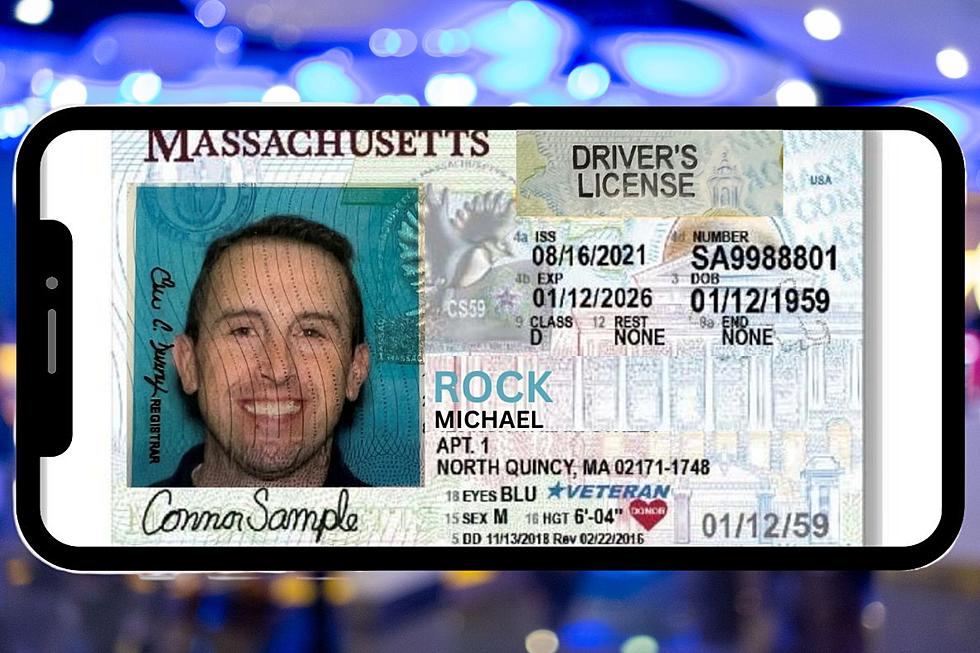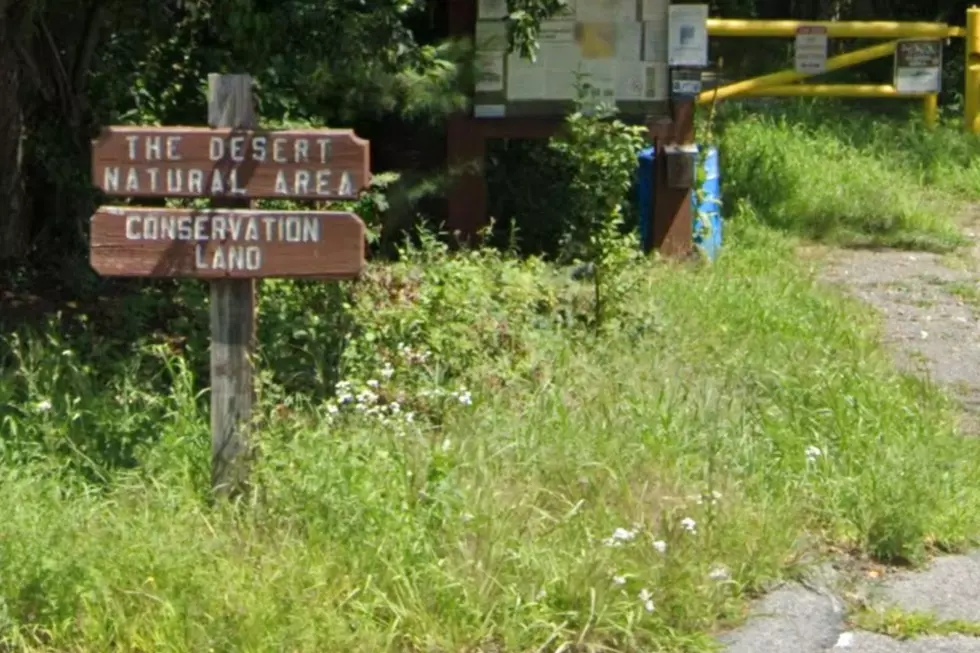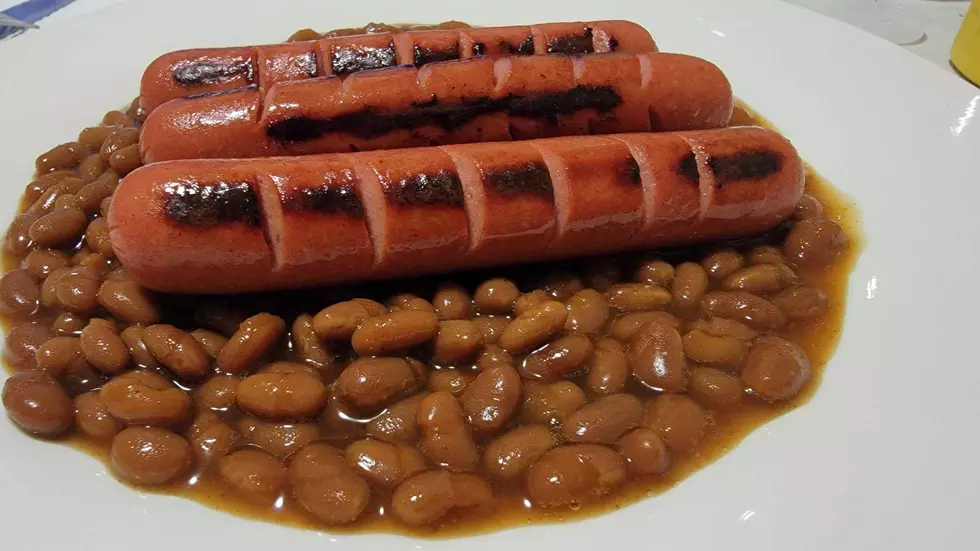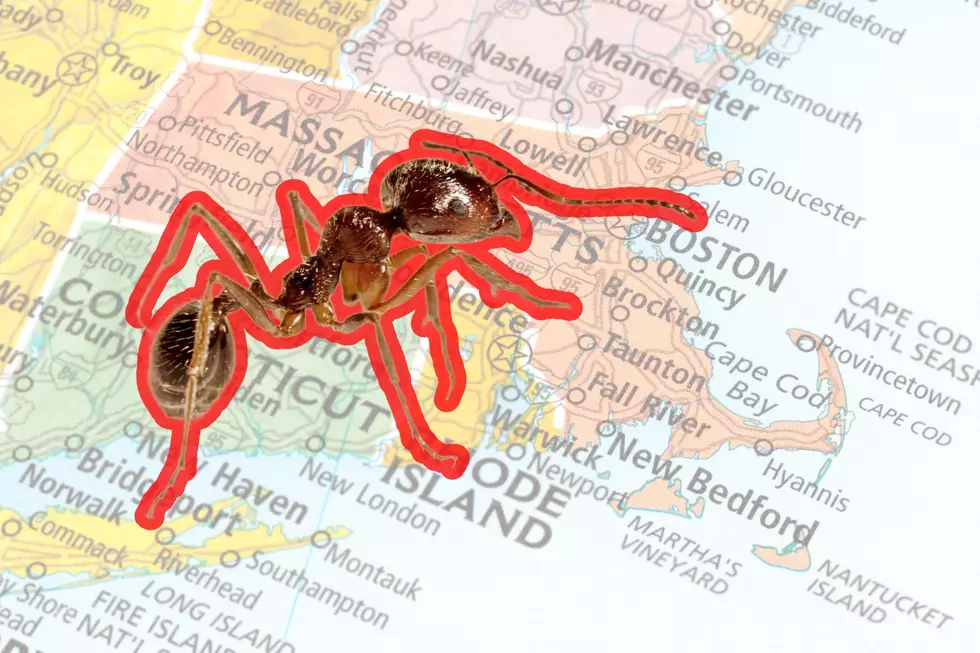
Cumberland Farms Drops Beer and Wine Ballot Question
The proposed ballot question to allow more stores to sell beer and wine will not appear on the ballot this fall and its backers will instead work to put the question before voters in 2022.
Cumberland Farms, the convenience store giant that was leading the ballot initiative campaign, said Friday evening that it is dropping its effort due to the COVID-19 pandemic's impacts on the retail sector and the company's corresponding need to focus more on the health and safety of its workers and customers.
"They deserve our undivided attention as we fulfill our ongoing commitment to safely providing essential services in cities and towns across Massachusetts. To that end, it's become clear that leading an eight-figure ballot measure campaign is not a prudent course of action at this particular moment in history," Matt Durand, chairman of the ballot question committee and the head of public policy at Cumberland Farms, said. "Make no mistake: the issue of safe and fair competition in the beverage alcohol marketplace remains a top legislative priority for Cumberland Farms and other food stores, just as it remains an important question of public policy for this Commonwealth. As we've said from the beginning, we're prepared to take this effort all the way to the voters if necessary. That position has not changed, and I look forward to the next biennial election cycle."
The proposed question, according to the attorney general's summary, would "create a license allowing food stores to sell wine and beer for off-premises consumption, progressively increase and then eliminate the limit on the number of licenses for the sale of alcoholic beverages consumed off-premises that any one retailer could own or control."
In essence, it would have allowed more food stores -- think Cumberland Farms, Targets or Wal-Marts that sell groceries and other similar stores -- to sell beer and wine. Under the law now, food store companies can hold up to nine alcohol retail licenses in Massachusetts as of the start of this year. It also would have required alcohol retailers to adopt specific age-verification measures, and proposed changes related to staffing and funding at the Alcoholic Beverages Control Commission.
The Massachusetts Package Stores Association had slammed the ballot effort as an attempt to go around the legislative process "by confusing voters into giving this single company unprecedented control of the retail alcohol marketplace with a potential 200-store network."
Represented by former Supreme Judicial Court Justice Robert Cordy, the Westborough-based association claimed that Attorney General Maura Healey improperly certified the proposed initiative petition and argued in court that the proposal's four main sections -- creating alcohol licenses for food stores, phasing out limits on how many off-premise licenses one entity could hold, imposing new requirements for verifying customers' ages, and increasing enforcement funding -- made it a "Frankenstein-like ballot initiative."
In May, the Supreme Judicial Court ruled that Healey was correct to certify the question and clear its path to the November ballot. Proponents were due to submit certified signatures to Secretary of State William Galvin's office by Wednesday to secure a spot on the November ballot.
Though the ballot question is now scrubbed from the 2020 cycle, Durand said Cumberland Farms and its supporters "remain open to a negotiated resolution."
"While some entrenched special interests in the liquor industry seem willing to gamble at the ballot box, I firmly believe the average package store owner would support a reasonable compromise. With our foundational concern for safety and fairness, we know there’s common ground to be found here, even if we have to bring that message directly to every licensed retailer in the state," he said.
With the campaigns efforts now focused on the 2022 statewide ballot, Durand added in his statement, "Based on the data I've seen, if this does go to the ballot, we will win."

More From WBSM-AM/AM 1420









